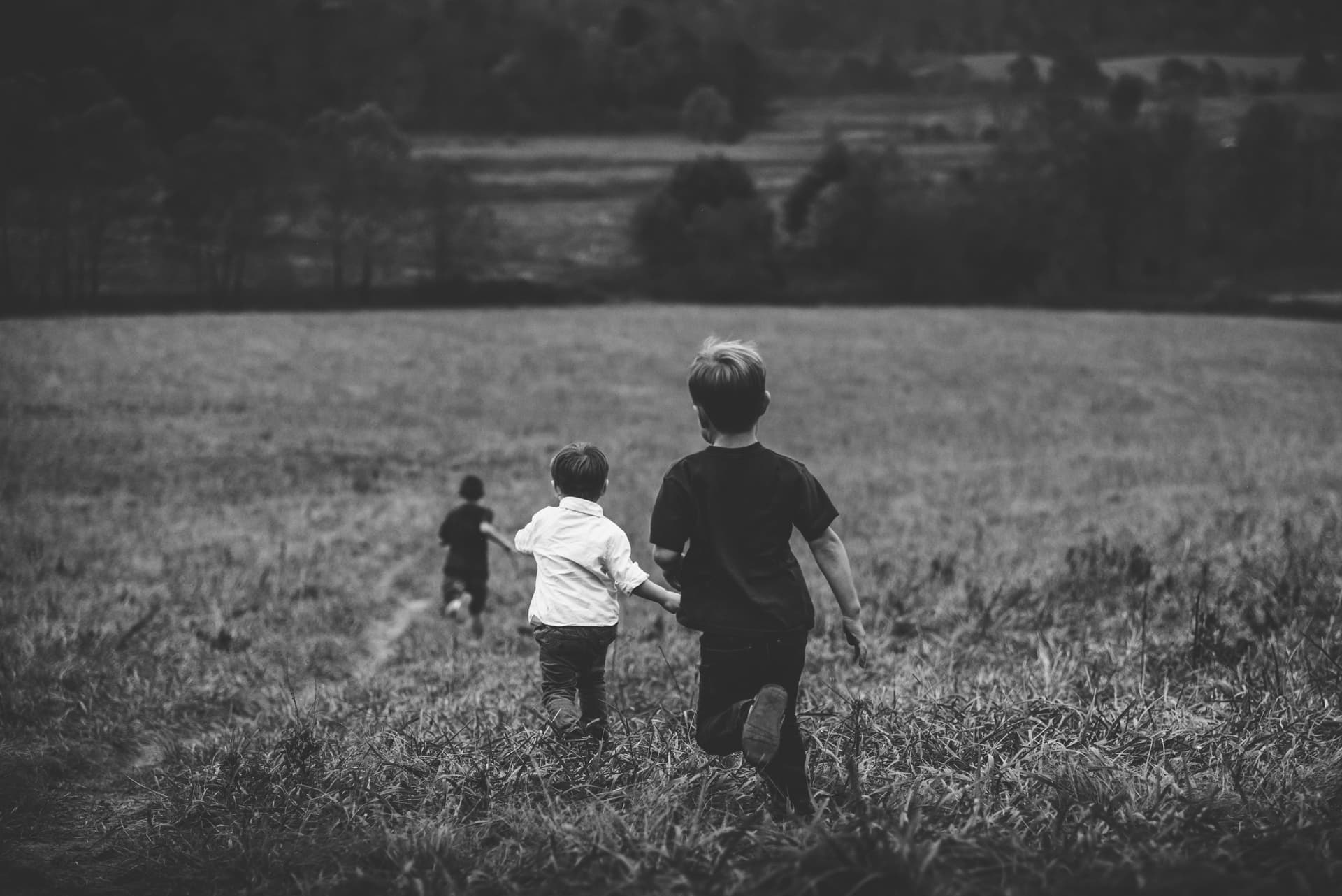Empowered from the Start: Recognizing Children's Competence

Viewing Children as Competent and Capable: A Personal Reflection
Many years ago, while studying to become an early childhood educator, I took a job as a nanny to put theory into practice. The children in my care were an infant, just 7 months old, and a preschooler not yet 3 years old.
At the time, I was facing several personal and financial challenges. I was in transition—somewhere between who I was and who I was becoming—and there was a lot on my mind.
One afternoon, while the baby was napping and the preschooler was having lunch, she looked at me and asked, “Are you happy?”
Her question jolted me into the present. I had been lost in thought, preoccupied with everything going on in my life. Startled, I gave a typical adult response: “Of course I am!” She looked at me, pointed, and said simply, “That is not happy.”
That moment has stayed with me ever since.
Rethinking How We See Children
Traditionally, young children have been seen as passive learners—dependent on adults for knowledge, guidance, and understanding. But there's a growing awareness that children are, in fact, competent and capable individuals. They are active participants in their own learning, equipped with unique ways of seeing the world and processing information.
In that simple but profound moment, the preschooler in my care demonstrated just that. She understood what “happy” meant and observed that I wasn’t displaying it. She evaluated the situation and drew her own conclusion—far from a passive learner, she was thinking critically and expressing emotional insight.
What I Missed in That Moment
Looking back, I realize I didn’t fully acknowledge her as a competent and capable individual. My answer wasn’t honest because I didn’t expect a child that young to grasp what I was going through—or to notice it at all. But what if I had responded differently?
Let’s imagine what could have happened if I had viewed her as capable:
Trust and Connection:
If I had accepted her observation and explored it further—perhaps asking, “What makes you think I’m not happy?”—we could have had a deeper conversation. That moment could have strengthened our relationship and built trust.
Emotional Normalization:
She would have learned that not being happy is part of the human experience. By being open, I could have modeled emotional honesty and shown her that it’s okay to feel a range of emotions.
Validation of Intuition:
If I had acknowledged her emotional insight, it would have boosted her self-esteem. She would have learned to trust her intuition and feel proud of her ability to read emotional cues—an invaluable skill for life.
How We Can Support Children as Competent Learners
Here are a few simple but powerful ways to help children recognize their own competence:
Create enriching environments:
Give children the space and materials to explore and experiment freely. A stimulating environment fosters creativity and self-discovery.
Let them lead:
Avoid constantly directing their play or decisions. When children lead, they problem-solve, make mistakes, and learn through experience.
Offer choices:
Letting children choose between two activities helps build decision-making skills and autonomy.
Focus on process, not product:
For example, when stringing beads, celebrate effort rather than the final result. If a child strings just one bead after many attempts, say, “I saw you worked hard to get that bead on. Great job sticking with it!”
Encourage a growth mindset:
Praise persistence over outcomes. Instead of saying, “You made a beautiful necklace,” try, “You kept trying even when it was hard, and you got that bead through!”
In Conclusion
Viewing children as competent and capable redefines how we interact with them. It helps us respond to their needs with greater respect and empathy, and it nurtures their confidence, curiosity, and resilience.
When we shift our perspective, we not only enrich our children’s lives—we grow as parents and educators too. We learn to listen more deeply, respond more thoughtfully, and celebrate the incredible potential that lives within every child.
If you’d like support navigating parenting or early childhood challenges, I’d love to connect. You can reach me at freshteh@formativeyears.ca.